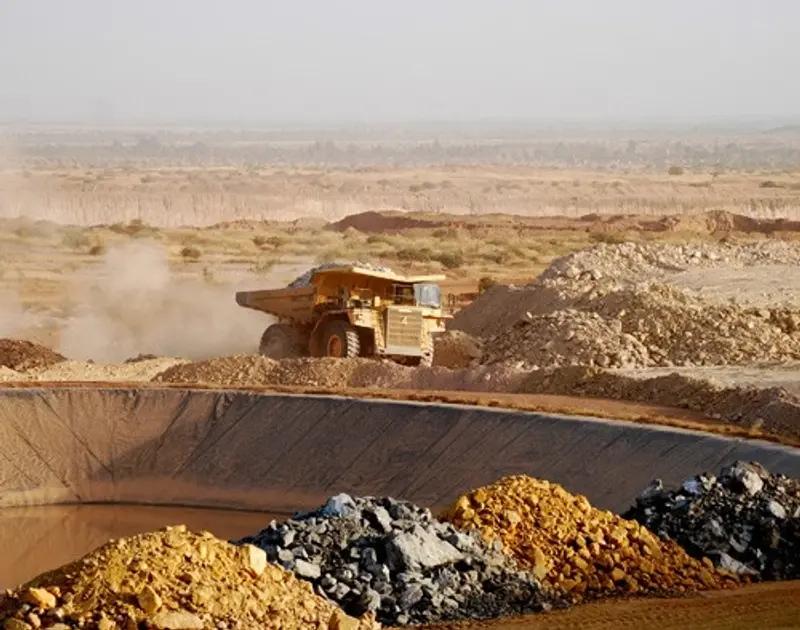
Avocet Mining (AVM) has crashed 41% to 30.5p after flagging up the need for an emergency fund raising. The geology at its Inata deposit in Burkina Faso is more complex than previously thought, so it will produce far less gold than the original mine plans. This will reduce cash flow into the business and restrict growth. Therefore Avocet needs a financial injection to buy out a hedge agreement which will increase future cash flow.
Banks often lend money to gold miners on the basis they must sell a specific amount of gold each money at a set price in order to pay back the capital. Avocet has been selling metal for many years at significantly below the market price because of a legacy hedge agreement. If that hedge was cleared, the miner could sell gold at the higher market price. This would boost its income and help to offset some of the loss of earnings caused by producing less gold.
Liberum reckons the firm will have to raise $130 million at 35p per share. That would be a massive hit to existing shareholders, who have already seen the stock slump from a peak of 286.25p in September 2011. Avocet already has $38 million cash, but this is restricted by Macquarie - the hedge provider - to satisfy the loan agreement.
A quarter of the miner's production is loss-making, representing the 33,000 ounces it must sell at $950 per ounce under the hedge agreement each year. This is nearly half the price it would get selling into the spot market where the latest price is $1,648 per ounce.
It has 173,250 ounces left to deliver at $950 per ounce under the hedge agreement.
Avocet has come full circle since it first highlighted problems with carbon-rich ore with assets in South East Asia. This is why it sold the assets and bought Wega, the owner of Inata, in 2009, taking advantage of the target's financial problems. Wega had run out of money in the final stages of building the mine.
Shares understands the reason why Avocet was able to buy Wega so cheaply - $86.5 million for an expected 120,000 ounce per year mine on the verge of production - was the understanding that Inata was also geologically complex. That meant there was the risk of processing issues. If this was the case then Avocet did not communicate the dangers to the market at the time particularly well. At the time of the deal, Avocet insisted it was a decent asset and one which could be run far more easily than its South East Asian ones.
The business thrived for a while and was seen to be the next West African consolidator. It produced some good exploration results in Burkina Faso and proved up a decent deposit in Guinea. Then the wheels fell off the wagon.
The Guinea government's decision to review its mining code posed the threat of greater state participation as it opted not sit on oodles of exploration ground that was not being actively worked. This scared Avocet to the extent it stopped work in Guinea, fearing financiers would not stump up the cash to build a new mine if there were large risks around ownership.
Avocet subsequently saw millions of dollars wiped off its valuation in 2012 when it revealed a large increase in costs, lower-than-expected production and delays to expansion plays. Chief executive officer Brett Richards resigned, replaced by chief operating officer David Cather who joined Avocet in April last year.
Today's announcement has seen Avocet admit there is up to 50% less gold in Inata that can economically be extracted. Therefore analysts will have to materially reduce the miner's net asset value.
The miner's problems have gone from bad to worse.




